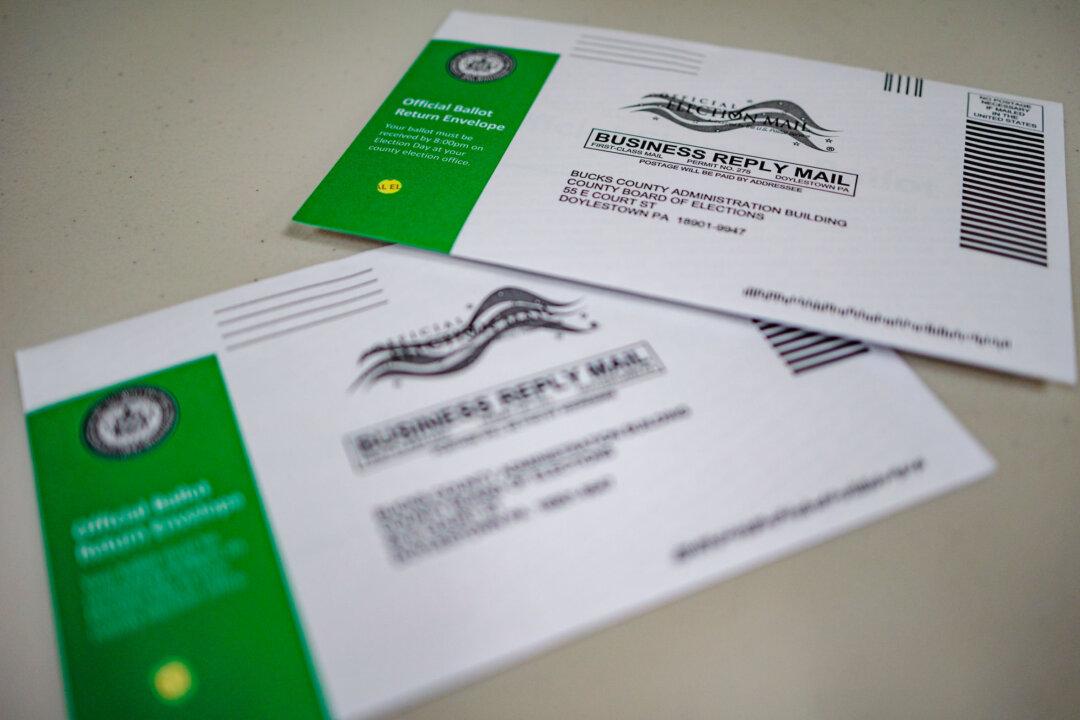Republicans are asking the Supreme Court to halt a decision from Pennsylvania that allows voters to cast provisional ballots after they’ve improperly submitted mail-in ballots without a secrecy envelope.
The case raises questions about changes in election procedures, with the 2024 elections just over a week away. That timing, the Republican National Committee said, should lead the justices to rule in their favor while deferring a decision on whether the state Supreme Court decided the finer legal issues of the case correctly.





